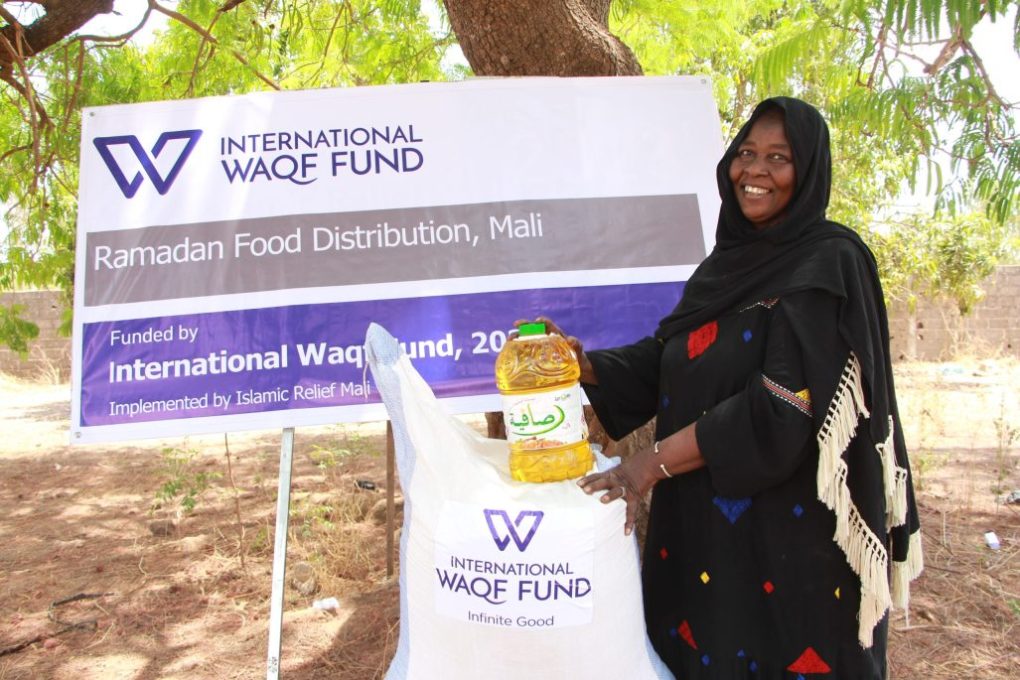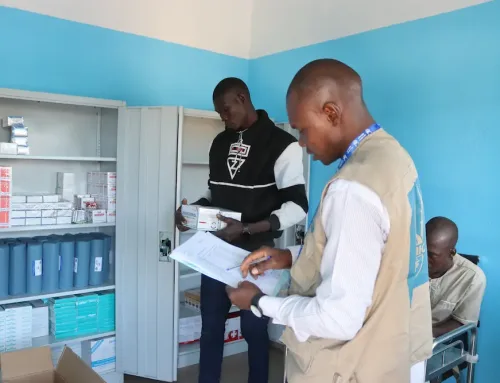Ramadan is not just about abstaining from food and drink during daylight hours and performing prayers. It is a sacred journey for Muslims to strengthen their connection with Allah, themselves, and others through noble acts of compassion, empathy, and generosity. It reminds us to reignite the flame of humanity within us and nourish the Islamic values that promote kindness toward others and assist them in their time of need.
There are numerous ways to show kindness and empathy towards others during Ramadan:
Empathy and compassion
Empathy and compassion are not just recommended attitudes but moral imperatives drawn from the Qur’an’s rich teachings. As Muslims, we have to nurture these values and integrate them into our daily lives, not just during Ramadan but throughout the year.
The Qur’an emphasizes the significance of both material benevolence and moral goodness.
Allah says: “And spend in the way of Allah and do not throw [yourselves] with your [own] hands into destruction [by refraining]. And do good; indeed, Allah loves the doers of good.” (Al-Baqarah Surah: 195) This Ayah encourages us to perform acts of material generosity.
In addition, Allah says: “So by mercy from Allah, [O Muhammad], you were lenient with them. And if you had been rude [in speech] and harsh in heart, they would have disbanded from about you.” (Al Imran Surah: 159) This Ayah motivates us to perform acts of moral goodness, such as helping, smiling, and speaking kindly.
Donation and Sadaqah:
During Ramadan, it is highly recommended to give donations and Sadaqat. Giving is a true expression of empathy and compassion for others. Furthermore, Allah has made Zakat Al-Fitr obligatory for every Muslim during the last days of Ramadan. As a result, Muslims end their Ramadan by giving once again.
Abu Huraira reported Allah’s Messenger (may peace be upon him) as saying: Charity does not decrease wealth, no one forgives another except that Allah increases his honor, and no one humbles himself for the sake of Allah except that Allah raises his statues.”
Caring for the Poor and Orphans
Muslims are encouraged to be compassionate toward the poor and orphans. Even those with limited resources can show their concern for orphans and poor people by performing simple acts of kindness, such as sharing food or helping them in any way. Furthermore, providing support for their education or health is also a meaningful way to demonstrate care for those in need and orphans.
Allah says, “and give them preference over themselves even though they were in need of that” (Al-Hashr Surah: 9), and poverty is a form of extreme need.
The Qur’an and Sunnah teach us that compassion and concern for those in need can draw us closer to Allah. Through giving and compassion, we can become among the benefactors whom Allah loves.
The International Waqf Fund helps you support others:
The International Waqf Fund helps others by donating Waqf shares and Sadaqah Jariyah during Ramadan and throughout the year. Your donation will positively impact the lives of the less fortunate by providing access to safe water, healthcare, and education, sponsoring orphans, and providing food parcels and urgent relief.
You can learn more about How we use your donation and see the impact of Waqf Shares on the lives of others.



